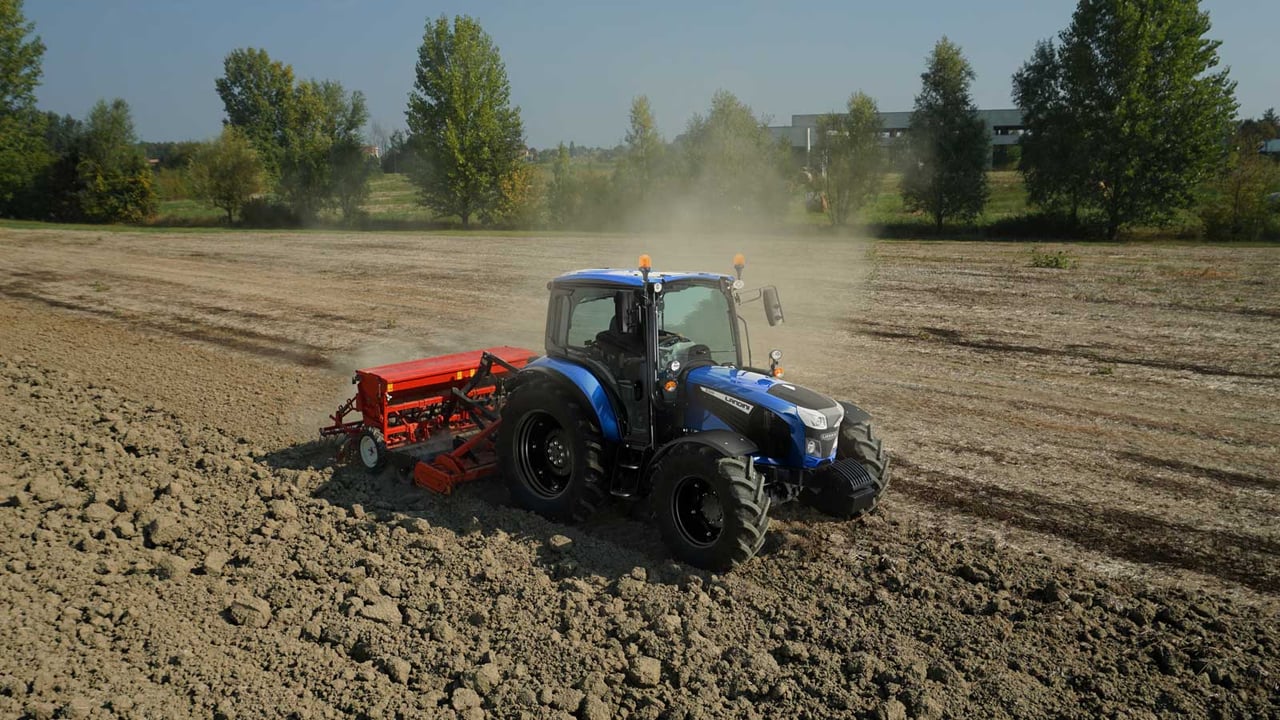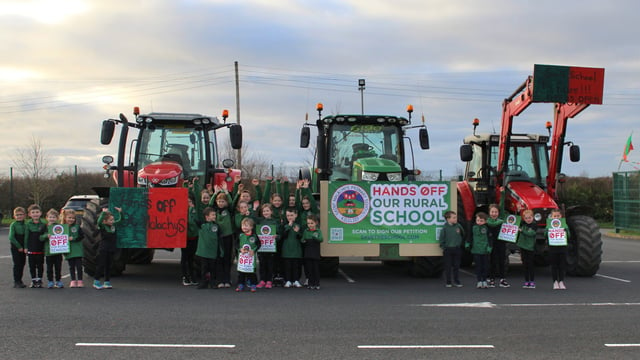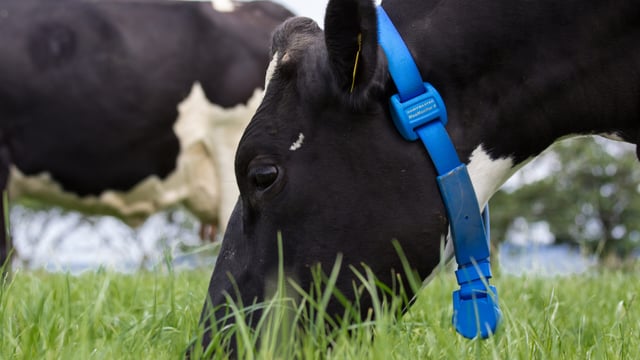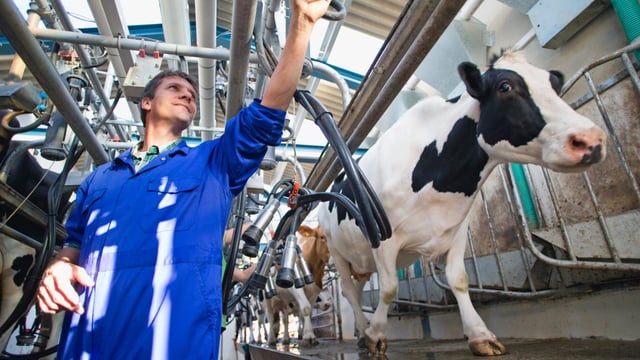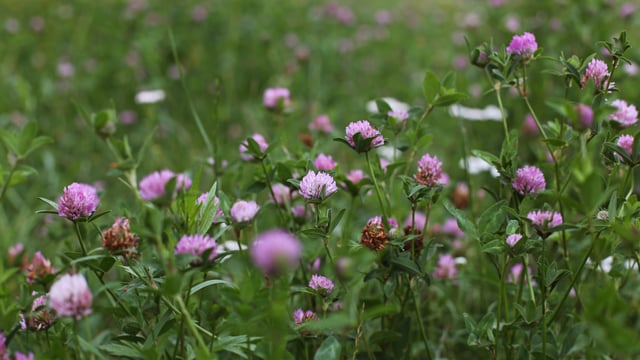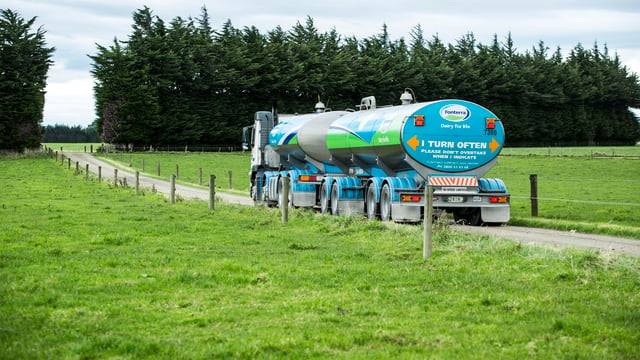Autumn planting season may not be over just yet - agronomist
Seedtech director and Irish Seed Trade Association president, Tim O’Donovan, is indicating that the autumn planting season could continue until early December.
He explained to Agriland: “It’s still feasible to drill winter oats over the coming weeks.
“This assumes suitable ground conditions and the risk of crows absconding with the newly planted seed is deemed to be low enough.”
The Seedtech representative made these comments in the wake of Teagasc publishing its 2025 autumn cereal planting estimates.
These figures point to winter wheat and barley both coming in at 60,000ha with the winter oilseed rape area estimated at around 15,000ha.
O’Donovan said: “Hybrid rye is well up year-on-year at around 5,000ha.
"However, even if growers do get winter oat crops planted over the coming weeks, the total planted area for the crop will still come in well short of 10,000ha: well down on 2024.”
The month of November normally gives agronomists an opportunity to reflect on general trends that had come to the fore during an autumn planting season.
2025 trends
According to O’Donovan, two key issues are worthy of note where 2025 is concerned.
He said: “The first is unusually high levels of seed borne disease (caused by Fusarium species and Microdochiumnivale) in the 2025 harvested winter wheat crops, especially in the north-east of the country:
“Both diseases can act to cause significant seedling death. Commercial seed companies will treat seed stocks accordingly.
“However, issues can arise in the event of farm-saved seed stocks that have not been treated and treated accordingly.”
The Seedtech representative highlighted that the Department of Agriculture, Food and the Marine offers a seed testing service for Irish tillage farmers.
It is believed that the specific diseases-related issues that have arisen in stocks of winter wheat are a direct consequence of heavy rains that impacted on crops during the flowering period.
O’Donovan continued: “The other trend of note that has been identified throughout the 2025 autumn planting season has been the growing demand for winter barley varieties that demonstrate tolerance to Barley Yellow Dwarf Virus (BYDV).
“The technology is now broadly accepted. As a result, tillage farmers are proactively seeking out these varieties.”
Seedtech now offers two BYDV tolerant varieties: the six-row conventional option, Joyau in tandem with the two-row specification, Orcade.
O’Donovan noted: “The vast majority of autumn planted crops have established well.
“Where oilseed rape is concerned, most crops are quite bulky, which indicates they have taken up significant amounts of nitrogen into their leaves, stems, and roots.
“Assuming crops are not fleeced by pigeons over winter, this nitrogen contained in the crop now offers significant opportunities to save on spring nitrogen applications in oilseed rape.”

